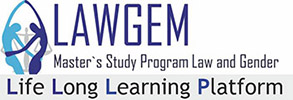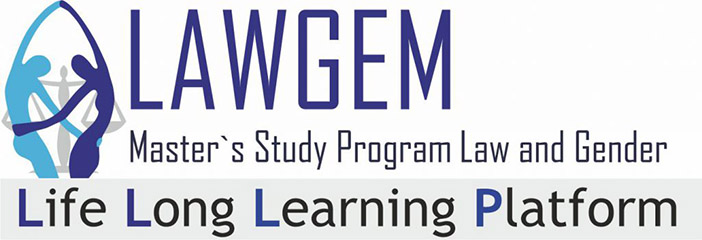International and national strategic and normative documents demand gender mainstreaming of higher education, including the field of law. However, according to different surveys, reports, and declarations at international, European, and Serbian national levels, most of the higher education curricula, syllabi, and textbooks, including the ones related to legal education, do not match the requirements of the mentioned strategic and normative documents. It becomes obvious that the state and university authorities in Serbia, and elsewhere, must introduce policies for gender mainstreaming of higher and legal education. Equally obvious is that faculties of law have to make their own steps forward, and initiate gender action plans for transforming institutional and educational design in a gender sensitive way. The focus of this text is on overcoming the genderblind character of legal education in Serbia, which has been existent even at the most prominent state universities. The underlying emancipatory idea is that quality of legal education, in general, depends crucially on its gender sensitive transformation. Gender sensitive profiling of the aims, outcomes, and content of legal study will be outlined in this text based on the sample of two largest and most prominent state faculties of law – University of Niš and University of Belgrade. The attempt is to send a message about the necessity of revising aims and outcomes of higher and legal education study programmes, which also implies the necessity of revising the national standards and requirements for accrediting study programmes. However, the main focus is placed on the importance of gender sensitive aims, outcomes, and contents of the syllabi included in these study pro grammes. For that purpose, syllabi for two first year courses – Sociology/Sociology of Law and Family Law – are taken into consideration as the representative sample. Critical reviewing of the mentioned accredited syllabi attempts to initiate introducing of a gender sensitive approach in syllabi of legal and other studies in Serbia and elsewhere
 str. 303-324_Neophodnost urodnjavanja studijskih programa prava i pravničkih predmeta
str. 303-324_Neophodnost urodnjavanja studijskih programa prava i pravničkih predmeta

